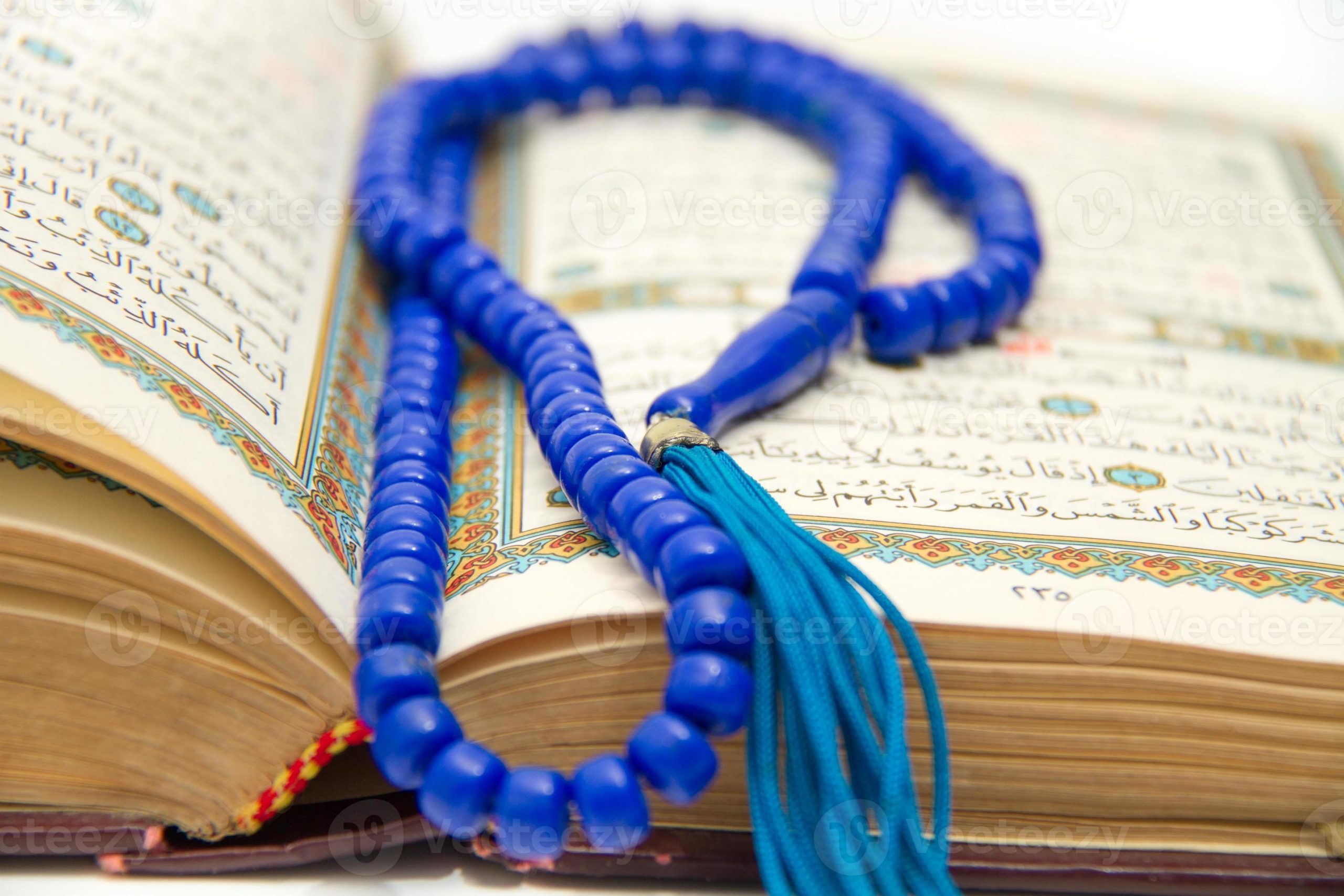Muslim activists are up in arms against the Succession Act, which was passed by parliament on Tuesday saying it disregards the teachings of Islam.
The bill seeks to ensure equality and equity in the distribution of the deceased estates. The Act repeals the Succession law that was enacted in 1906. According to the Act, a surviving spouse or spouses is or are entitled to 20 per cent of the deceased’s or testators wealth, the dependent relatives take 4 per cent, the linear descendants or biological and adopted children take 75 per cent while the customary heir will take 1 per cent.
But Kasim Mwasa, the head of Research at Muslim Center for Justice and Law-MCJL, a Ugandan faith-based NGO dedicated to promoting and advancing Justice, Tolerance and Human Rights says that the Act doesn’t take into consideration interests and teachings of Muslims. Mwasa says Succession and specifically, inheritance are acts of worship in the Muslim faith, whose implementation is already stipulated in the Qur’an, the Muslim Supreme law.
“The Qur’an provides for what family and relatives are entitled to when a member dies. For instance, in Islam, a man is entitled to half of the property of his deceased wife if the couple didn’t have a child and a quarter per cent if the couple had a child or children,” Mwase said.
Mwasa says that last year when the government invited stakeholders to contribute to the bill and raise concerns, they made it clear that Muslims prefer to follow the Islamic teachings and hence should be excluded from the Act.
They argued that since there was a provision of the law establishes the Muhammadan Laws of Marriage and Qadhi Courts, these be used in administering the Islamic law on succession. He was however dismayed to learn that Parliament passed the Act without considering the interests of Muslims.
Dr. Abdulhafiidh Walusimbi, an expert in Islamic Law and Lecturer at Islamic University In Uganda, says that inheritance is a form of worship in the Muslim faith and is guided by Islamic jurisprudence.
Dr. Walusimbi argues that the 1995 Constitution provides for freedom of worship and establishes Qadhi Courts to administer the religious affairs of Muslims, which should be respected. He explained that in Islam succession and inheritance starts rights from the burial arrangements.
For instance, it is from part of the deceased’s wealth that burial arrangements are made and debts that he or she might have left are cleared before the burial proceeds and eventually distribution of the estate.
URN

